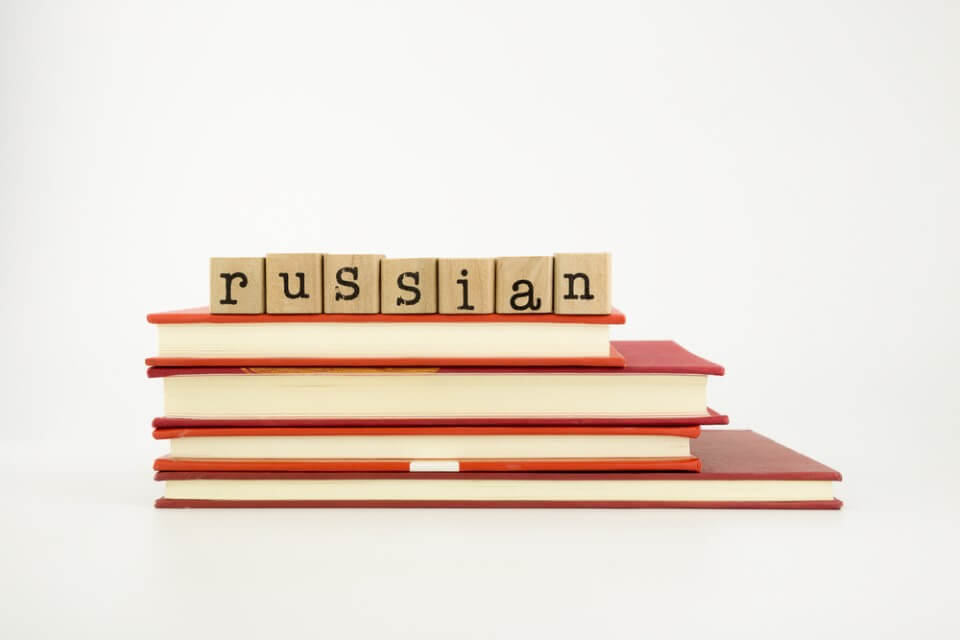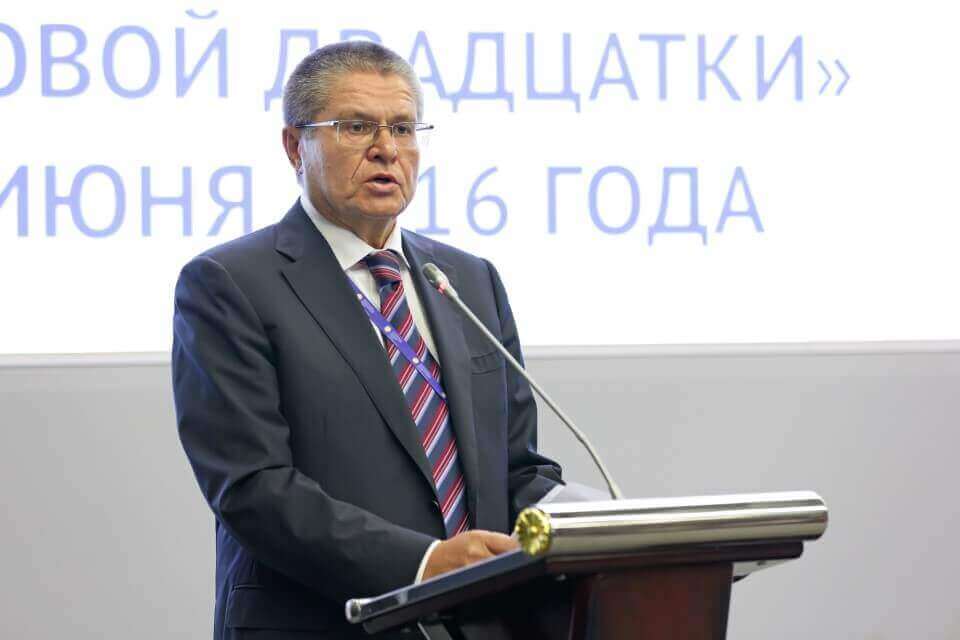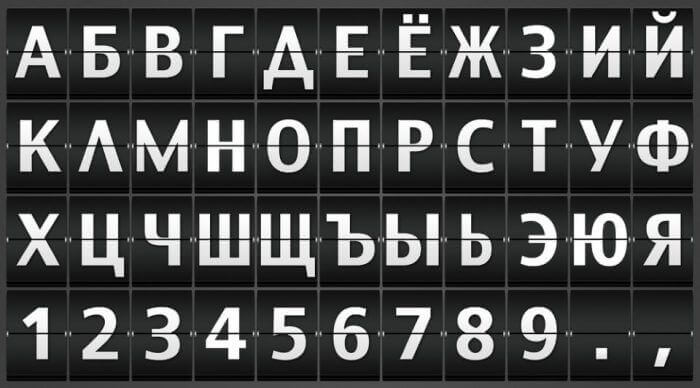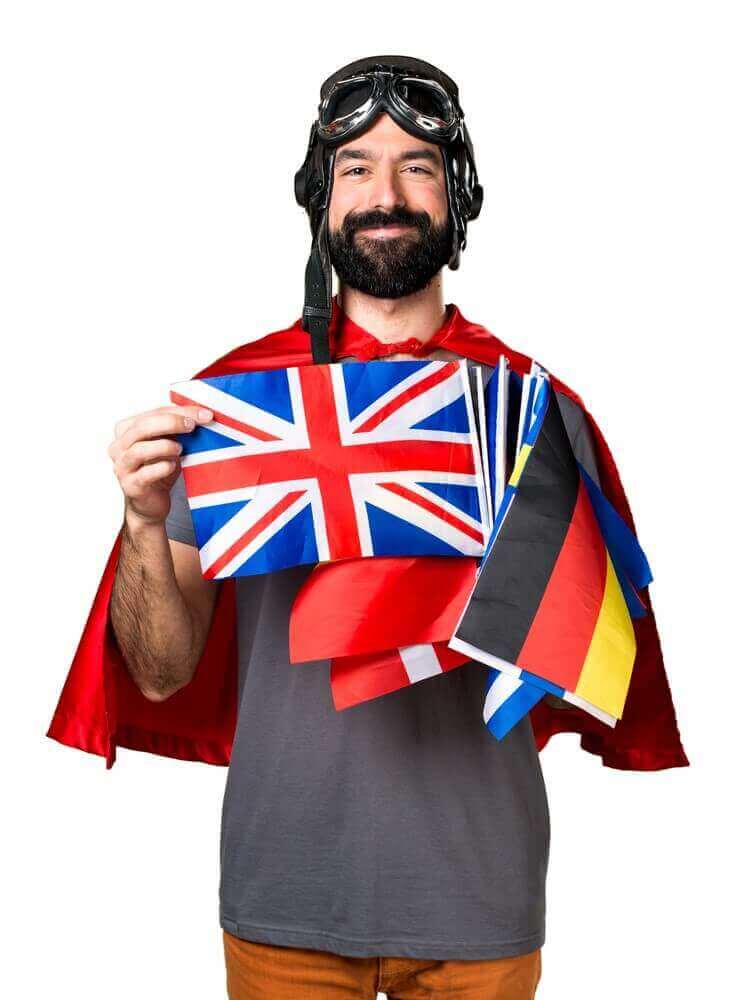Contents
Spoken Russian is regarded as being one of the most beautiful languages in the world. The Cyril alphabet seems to appear daunting at first glance. However, it is not hard to learn. Russia plays a crucial role in the modern day world affairs. From the G8 to the UN and beyond, it has gained popularity.
Is Russian a hard language to learn?
A particular group of people says that the Russian language can be difficult to learn. This is not entirely accurate. Learning Russian is no harder than learning other languages.
The hard part for most people in learning this language is getting a grip on the new grammar structure. If you have learned other languages in the past, you will be familiar with some of these grammar concepts, such as cases and gender. The Russian alphabet was at first seen as hard to learn by most people because of the Cyrillic characters that it has.
The alphabet has its origins from the 9th century. It was made by two Greek brothers who were missionaries. The brothers Cyril and Methodius based it largely on the Greek. Fear about the Cyrillic language is a fact, one of the most easily given excuses for not studying Russian. It’s true the Russian alphabet is different from the English one in many ways.
However, it is not that hard to learn. In fact, some letters are written and pronounced almost the same way as in English. If you are interested in the language, the alphabet can be mastered in a week or less. In addition, the Russian spelling system is much more straightforward and simple as compared to English. As an Indo-European dialect, Russian has many Latin and Greek bases. Recognizing them behind the Cyrillic disguise is easy.
Russian word English translation
Компьютер computer
Интернет Internet
Чат chat
Студент student
Атмосфера atmosphere
Факт fact
Космос cosmos
We all know some Russian words with vodka, balalaika, tsar, samovar, dacha, Sputnik, and much more. Russian grammar is not simple because it uses a lot of prefixes, suffixes, vowel alternations, and endings. On the contrary, thanks to its synthetic nature, Russian has a huge number of rhymes which are impossible in other languages.
The language has an astonishing flexibility and variety. Despite its difficulties, the language has gained a lot of attention and many people around the globe. Many people have found it worth the effort.
How does Russian compare to other languages?
Russian is one of the five authorized languages of the United Nations. The language ranks as one of the major world dialectal along with others such as Chinese, English, Spanish and Hindi. It is the native language of 142 million citizens of the Russian Federation, the world’s largest country.
Alphabet: Russian is written using the Cyrillic alphabet, some of whose letters are similar to letters in the Latin alphabet used by English.
Russian learners of English may experience initial problems writing in English and other languages. However, the world is changing. Russians are becoming more open to English in their everyday lives.
Phonology: Due to variations in the phonological systems, it is relatively difficult for Russians to acquire native-speaker-like standards of pronunciation and intonation.

Possibly the most important vowel difficulty for Russians is the sound in her / cur. This sound seems to cause particular difficulties in words beginning with /w/, such as were / work/worth. Other vowel problems include the failure to discriminate between the sounds in sat/set or sit / seat.
Grammar – Verb/Tense: Russian and English communicate their meaning through the verb systems in different ways. The Russian system is based on the idea of aspect: actions are either completed or not completed.
This is shown by appending affixes to the verb stem. There are few auxiliary verbs. This varies with English which has progressive and perfect tense forms and avoids the need for affixation or inflection by the extensive use of auxiliaries
Why should you learn to speak Russian?
“Learning a language is like having a key to a magic door. It gives you an insight into other people’s culture, behavior, attitudes, and thinking. Life is not about how much you have in the bank; it’s about how you communicate and express yourself.” (Oleg Pasichnyi, linguist, Slavic languages, Language is Everything)

The Russian market provides lucrative investment opportunities. Therefore, in case you consider starting a company in Russia, it will be very helpful if you got a grip of the language to enhance your communication with the Russian business partners.
The Russian language closely resembles Slavic languages such as Czech, Polish, and even Ukrainian. The vocabulary is however much further. Therefore, if you want to pick some other Slavic language like Czech.
Russian is a very creative language. Once you master morphology, you can come up with an infinite number of non-existing words. Any native speaker of Russian will understand this easily. A good example is the word недоперепить (namely – underoverdrink).
There’s no such word in dictionaries but if you tell this synthetic word to a Russian. They will get the profound idea behind it and laugh. There are also many shades of sense conveyed by Russian prefixes. As soon as you get them, the easier and exciting it turns out.
There are practically no dialects in Russian. The variances among different regions are minor. It is only the regional language that is very close to the literary version. Some of the Russian books are nearly impossible to translate.
What you get by reading the translation is the meaning. The meaning most books/novels is secondary. Mastering the Russian language will help you feel the nuances of vocabularies and style.
Can you make money translating Russian to English?
As businesses, education, and migration expand globally; they need to communicate in more languages. That is great news for bilingual people who are interested in entering this flexible, fast-growing profession.
This can also be done virtually using Skype to join different people. Individuals in this field participate in live conversations and translate documents and recordings.
Russian is one of the most in-demand tongue, followed by Japanese, Spanish, Korean, Chinese and French. Russian to English is one of the most lucrative combinations for translation alongside Japanese, Arabic, Korean, German, and Chinese.
The language has a high demand for decent translators. You could land a landmine if you go this route and play your cards right. Your hard work and sweat will pay off at the end of the day. Russian translation pays more that some of the other languages.
To make it interesting, the language is highly marketable, and the demand is very much higher. Russian is widely spoken locally, but when some of its residents move out of the country, it becomes essential for them to learn English to communicate well with other people.
English is spoken everywhere, and it can somehow be considered to be the ‘international language.’
Exchange students, immigrants, and foreign workers are all some of the people who are interested in learning English. This makes it a rich area to earn your capital if you have a clear grasp of the Russian language.
There are two paths of translation, freelance, and in-house. Freelance translators get their work from clients and agencies. One must find on their own and maintain good relations with. The advantage of freelance is freedom. This is because all the translation is done on the computer, and all the transactions and correspondences occur online.
Then there is the in-house translation. These positions used to be common, but are now somewhat rare in most languages. Many translation entities now just hire one project manager (who often doesn’t even speak the language) who contacts freelance translators or agencies around the world and outsources the work.
This is much cheaper than training new hires, giving them benefits, etc Therefore, yes, the Russian to English translation job is very marketable, and you can be able to make an income from it and ultimately a livelihood.
How to start learning Russian Quickly
Three methods can be used to learn Russian fast. They include using quick tips, immersing yourself in Russian and utilizing technology.
Using Quick Tips:
- Discover words adopted from your language.
- Use context to build vocabulary
- Note that Russian has recurring pronunciation
- Learn basic courtesy phrases.
- Change the word order.
- Find words borrowed from your language
- Modify the word order
- Discover that there are few grammatical exceptions.
- Master basic verb conjugation
Immerse yourself in Russian:
- Live with a Russian family
- Move to Russia
- Take an intense course on Russian in person
- Find a tandem partner
- Surround yourself with Russian media
- Read only in Russian.
- Practice writing in Russian
Utilizing Technology:
- Find a reliable website
- Sign up for an online class
- Download a language-learning app
- Meet a native speaker online
- Join social media groups
Best programs to learn Russian
The first 3 name that comes down when you speak about learning Russian is Rosetta Stone, Russian Accelerator, and Pimsleur. They all have separate approaches on how they work and are all unique.
Russian Accelerator
The Russian accelerator Online Course utilizes your knowledge of English through Power Phrases and controls your natural language abilities with Contextual Learning.
With the addition of the Pattern Identification principle to master grammar and other innovative techniques like S.L.T., the Russian Accelerator is a dominant force. It enables you to learn Russian fast & straightforward.
This system stands for years of research and advancement. Each Russian word is defined in a unique and memorable way. The Accelerator does not just throw a word at you. It does not leave you to figure it out on your own.
At Russian Accelerator, each word or phrase is covered separately, in a way that’s best for English-speaking beginners to absorb it. We’ve done all the thinking for you.
Pimsleur Russian
The earliest (and most out of date) of the three is Pimsleur. For decades a pioneer in language teaching, Pimsleur relies on an audio-only approach. What you are getting is CDs lots of them. No booklet, no explanations, just CD after CD after CD.
It might seem logical to teach with only audio since language is primarily a spoken medium, but that’s not how we learned our languages. Visuals are a big part of the learning process. How else do you learn what “red” means?
By utterly ignoring the visual process in language acquisition, this course does not lend itself to learning a language FAST. However, it is evident that Pimsleur is doing a great disservice to their students. They leave out fundamental aspects of the language learning process.
Its strong point is that it will be useful for those who are auditory learners since it is entirely CD based. Of course, you can learn a little bit, but not nearly with the same speed and breadth of knowledge as from the other courses.
Rosetta Stone
Ironically, the second oldest amongst the highest Russian language courses. Rosetta Stone uses a totally opposite approach. They rely on visuals alone. With absolutely no explanation of what meaning is intended.
Here’s how it works: You are shown a screen with four pictures. Let’s say: A Cat, A Dog, A Boy, A Girl. The speaker says, “sabaka” and you are to blindly guess which of the four pictures is being referred to. Even if you guess right, by clicking the dog picture, you have no way of knowing if the word indeed means dog, or perhaps the breed: “Poodle.” Or does it mean “Pet”? Who knows? You are supposed to guess.
This works ok for concrete nouns. However, it is entirely ineffective and counter-productive for more complex situations. In one picture, two kids stand on a table as a third child leans as if to jump, and two more kids stand on the ground.
Is it clear what the following sentence means concerning that picture: “Odeen malchik dumaeit o tom, shtobi prignut so stola a drugee deitee ni xotyat prigat.” Crystal clear, isn’t it? The sarcasm is intended…and deserved.
Rosetta put a surprisingly limited thought into their courses. It’s doubtful anyone has learned much Russian this way, certainly not beginners anyway. At best, the course is useful for those with experience in the language already. In addition, individuals who have no problem looking up in a dictionary all the many ambiguous phrases they present.
10 Easy phrases you can say in Russian
To eat yest’ есть
I’m hungry ya khochoo yest’ я хочу есть
To drink pit’ пить
I’m thirsty ya khochoo pit’ я хочу пить
How are things? kak d’ela? как дела?
What do I do? kak byt’? как быть?
You don’t happen to know…? vy n’e вы не знаете? znayet’e…?
I (don’t) think (so) ya (n’e) doomayoo я (не) думаю
To buy koopit’ купить
Thank you (for) spasibo (za) спасибо (за)
I / one can / may it, is possible? mozhno можно
Can you Learn Russian If you aren’t Young?
Such concepts are used as nothing more than an excuse for why they can’t do anything! Yes, you can learn Russian at any age you want. However, not only do children grow and develop at extraordinary paces, but they absorb information quickly as well.
A child who is exposed to Russian at a young age has a much easier time processing and remembering the information they receive, but why is this? And why does an adult’s ability diminish as you grow older? According to oncology nurse, Suzanne Robin in her article “Why Is It Easier for a Child to Learn a New Language Than An Adult” she lists several reasons as to why children learn languages so easily.
For a child, learning the language is part of their brain chemistry. They are built to absorb information. They do this in an unconscious state of mind like they’re learning and they don’t even know it.
Adults and older children, on the other hand, have to consciously learn the information which makes it harder because when they learn that way. The message seldom gets lost or disassociated. To make this simpler to grasp, think of it like hearing a song.
When you hear a song enough times, you learn the rhythms and lyrics whether you like it or not. This is unconscious learning, comparable to how children learn languages. However, when you are reading to read for a test some or all of the information is not absorbed. This is because you are making a conscious effort to learn. This makes it harder for your brain to gather information.
Learning languages as a child are also easier because there’s much less complex information to digest. When you learn at a young age, you usually only get to associate words with their meanings.
When you are an adult, you have to do that as well as learn all of the grammatical rules thus making a second language harder to learn. In conclusion, yes young ones can learn Russian faster than older adults, but that doesn’t mean the adult cannot learn the language.
The learning might be different, but in the end, age does not prevent you from learning Russian.





15 Comments